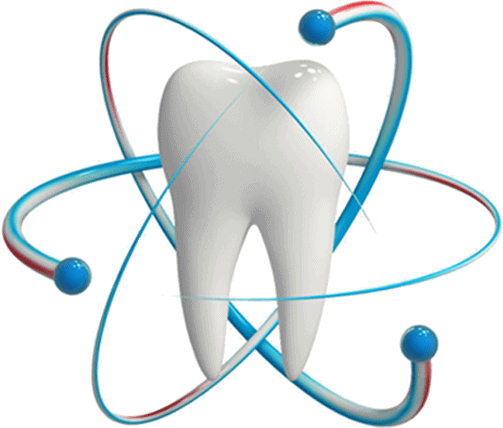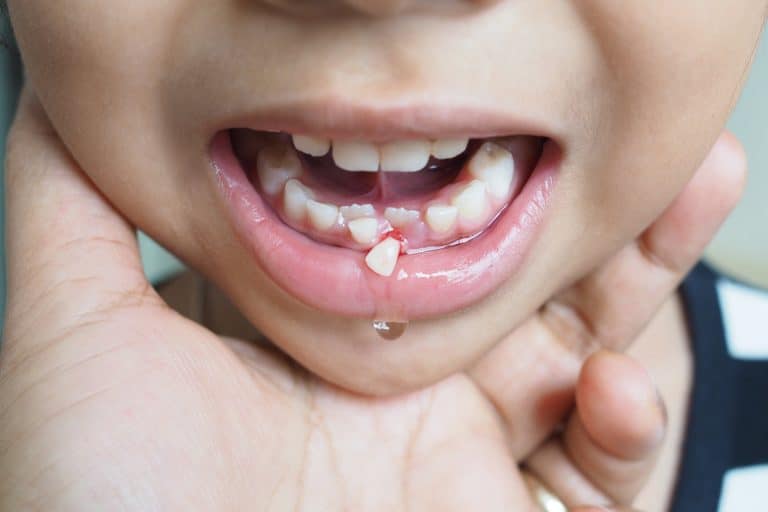The dietary considerations for individuals with braces play a significant role in maintaining dental health and ensuring the effectiveness of orthodontic treatment. Proper diet is essential for oral hygiene, teeth alignment, and overall dental care while undergoing orthodontic treatment. Orthodontists often provide guidelines on what foods to avoid to prevent damaging the braces or impeding the progress of tooth alignment.
Chewing certain foods can pose a risk to the brackets and wires of braces, potentially leading to breakage or dislodgment. Hard, sticky, or chewy foods are commonly advised to be avoided as they can cause damage to the braces. Additionally, sugary foods and beverages should be limited to prevent tooth decay and cavities, which braces can exacerbate.
Understanding Braces and Dietary Restrictions
When considering orthodontic care, it becomes evident that adhering to specific dietary restrictions is an integral aspect. This is due to the nature of braces and their impact on oral health and treatment efficacy.
Braces are orthodontic appliances that facilitate tooth movement and alignment using brackets and wires. The braces mechanism exerts pressure on the teeth, gradually shifting them into the desired position. To ensure the success of this dental adjustment, individuals must be mindful of their food choices to avoid damaging the braces or impeding the treatment process.
Orthodontic care professionals often provide guidelines on food limitations to support the effectiveness of braces. Sticky and hard foods can be detrimental as they may get stuck in the brackets or bend the wires, leading to complications that could prolong the treatment duration. Understanding the rationale behind these dietary restrictions is crucial for patients wearing braces, as it enables them to actively participate in their orthodontic care and contribute to achieving optimal results.
10 Foods to Avoid with Braces
Orthodontic patients must be diligent about identifying and abstaining from foods that can threaten the integrity of their braces and their overall dental health. Here are the ten surprising foods to avoid when you have braces:
- Hard foods like nuts
- Crunchy snacks
- Sticky foods such as caramel
- Gum
- Sugary foods
- Hard candy
- Popcorn
- Ice
- Chewy candies
- Tough meats
When eating with braces, opting for braces-friendly options to prevent complications is essential. Patients should avoid these damaging foods for braces to maintain good oral hygiene and ensure their orthodontic treatment progresses smoothly.
Potential Risks of Eating Wrong Foods
Consuming foods not recommended for individuals with braces can lead to various dental complications, including broken brackets, wire displacement, cavities, and enamel damage. These risks of wrong foods can significantly impact oral health, causing complications with braces and increasing the likelihood of tooth decay.
When braces are subjected to hard, sticky, or chewy foods, they are at a higher risk of damage. Broken brackets are a common consequence of eating nuts, popcorn, or hard candies. Additionally, chewing on items like ice or sticky sweets can lead to wire displacement, requiring immediate attention from an orthodontist. Sugary and acidic foods that contribute to cavities can worsen enamel damage if proper oral hygiene is not maintained.
Understanding the oral health risks associated with consuming the wrong foods with braces is crucial for individuals to protect their dental health and ensure the effectiveness of their orthodontic treatment.
Safe Eating Habits with Braces
Adopting safe eating habits is essential for individuals undergoing orthodontic treatment to maintain optimal oral health and prevent damage to braces. Regarding braces, focusing on a dental-friendly diet that includes soft, gentle foods for the teeth and gums is important. Incorporating braces-safe eating practices can help prevent unnecessary issues during treatment.
One key component of a safe eating habit with braces is choosing soft foods that are easy to chew and won’t damage the brackets or wires. Foods like yogurt, cheese, soup, and pasta are great for individuals with braces. These foods are gentle on the teeth and provide essential nutrients for overall health.
In addition to soft foods, incorporating dental-safe snacks into your diet can help keep your braces in good condition. Opt for snacks like soft fruits or cheese sticks, which are delicious and won’t harm your braces. You can ensure a smooth orthodontic treatment journey by following these safe eating habits and choosing the right foods.
Maintenance and Care for Braces
Proper maintenance and care for braces are crucial to ensuring the effectiveness and longevity of orthodontic treatment. Maintaining good oral hygiene practices is essential when wearing braces. Regular dental check-ups are important to monitor progress and address any issues promptly. Incorporating proper flossing techniques into your daily routine can help prevent plaque buildup and maintain healthy gums.
Toothbrushing with braces requires attention to detail to thoroughly clean all areas. Scheduled orthodontic visits are vital for adjustments and tracking your treatment plan’s progress. Additionally, professional dental cleanings can help remove any stubborn plaque or tartar that may have accumulated around the braces.
Ensuring that braces are cleaned meticulously will keep them looking their best and contribute to the overall health of your teeth and gums. Prioritising maintenance and care for your braces can help you achieve the desired results efficiently and effectively.
Key Takeaways
Individuals with braces must follow the dietary guidelines recommended by their orthodontist to ensure the success of their orthodontic treatment. By heeding the advice provided and maintaining proper oral hygiene practices, you can contribute to the health of your teeth and gums throughout your braces journey.
Remember, the decisions you make regarding your diet can impact the outcome of your treatment and overall oral health. For expert guidance and care, consult Ashfield Family Dental in Ashfield, NSW, and take proactive steps towards achieving a healthy and beautiful smile. Your commitment to dental health will benefit your orthodontic treatment and enhance your long-term oral well-being.




